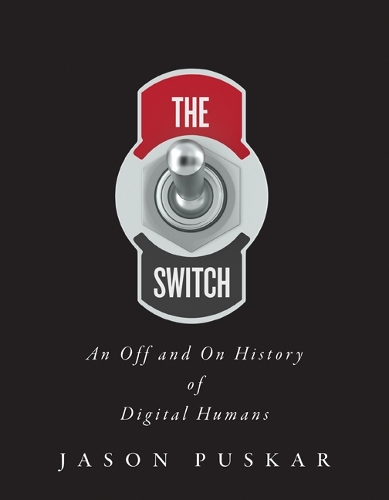
The Switch: An Off and On History of Digital Humans
(Paperback)
Available Formats
Publishing Details
The Switch: An Off and On History of Digital Humans
By (Author) Jason Puskar
University of Minnesota Press
University of Minnesota Press
28th March 2024
United States
Classifications
General
Non Fiction
History of engineering and technology
Cultural studies
004.019
Physical Properties
Paperback
400
Width 178mm, Height 229mm, Spine 20mm
680g
Description
From the telegraph to the touchscreen, how the development of binary switching transformed everyday life and changed the shape of human agency
The Switch traces the sudden rise of a technology that has transformed everyday life for billions of people: the binary switch. By chronicling the rapid growth of binary switching since the mid-nineteenth century, Jason Puskar contends that there is no human activity as common today as pushing a button or flipping a switchthe deceptively simple act of turning something on or off. More than a technical history, The Switch offers a cultural and political analysis of how reducing so much human action to binary alternatives has profoundly reshaped modern society.
Analyzing this history, Puskar charts the rapid shift from analog to digital across a range of deviceskeyboards, cameras, guns, light switches, computers, game controls, even the nuclear buttonto understand how nineteenth-century techniques continue to influence todays pervasive digital technologies. In contexts that include musical performance, finger counting, machine writing, voting methods, and immersive play, Puskar shows how the switch to switching led to radically new forms of action and thought.
The innovative analysis in The Switch makes clear that binary inputs have altered human agency itself, by making choice instantaneous, effort minimal, and effects more far-reaching than ever. In the process, it concludes, switching also fosters forms of individualism that, though empowering for many, also preserve a legacy of inequality and even domination.
Author Bio
Jason Puskar is professor of English at the University of Wisconsin, Milwaukee. He is author of Accident Society: Fiction, Collectivity, and the Production of Chance.
